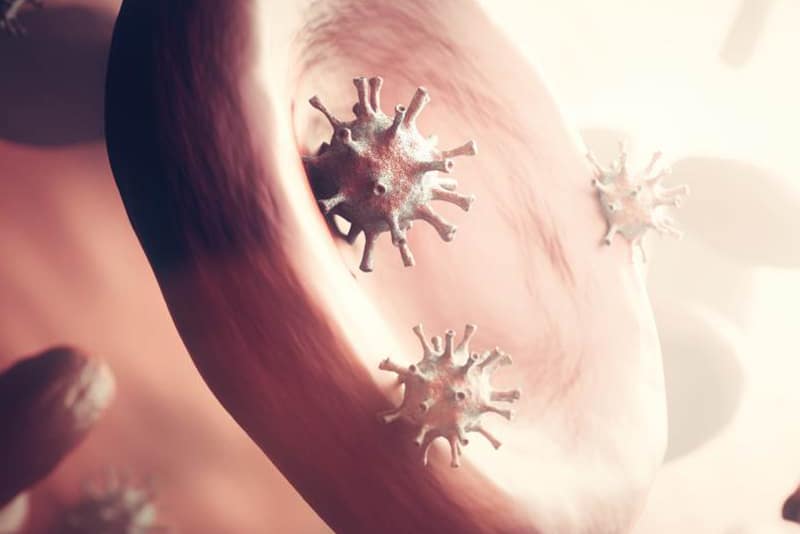
COVID-19 CONTENT LINKS
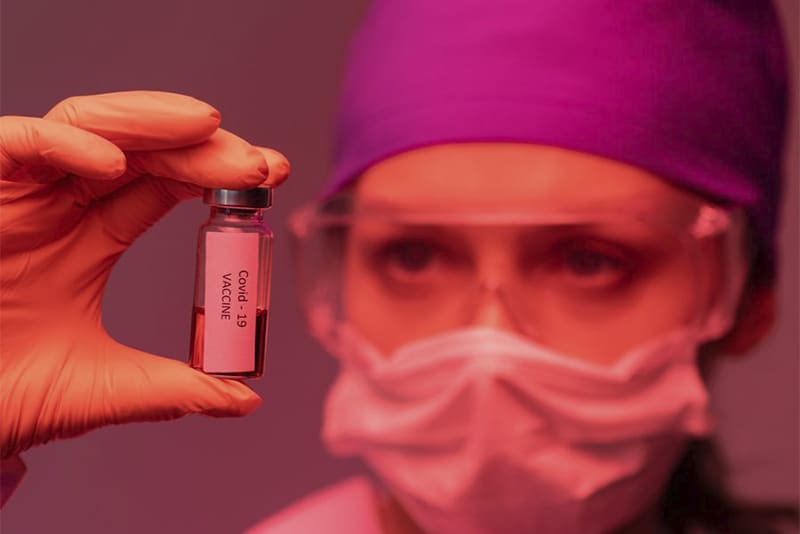
COVID-19 VACCINE INFORMATION

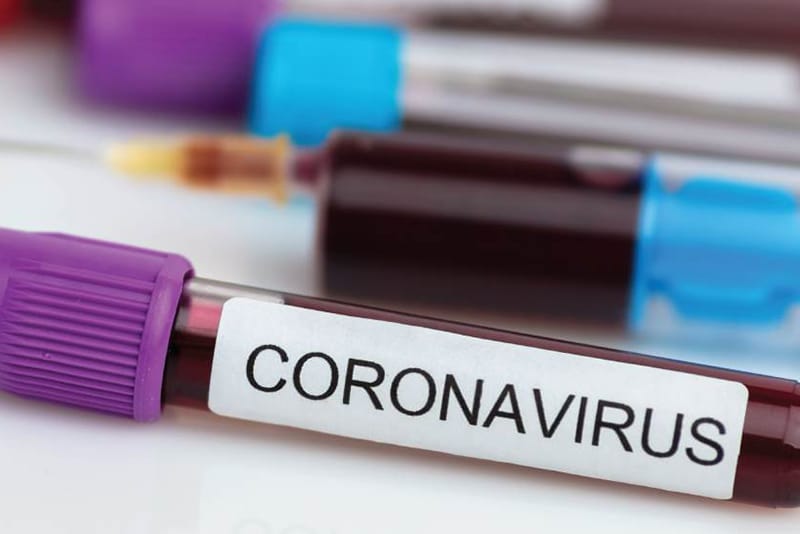
NOVEL CORONAVIRUS (SARS-COV-2) AND CORONAVIRUS DISEASE 2019 (COVID-19)
There are many things we don’t know about this new coronavirus. What is stated below is based on current knowledge, but as information and experience develops, recommendations may change.
In this context, we are called as individuals and as a church to:
- Help contain the spread of COVID-19.
- Respect and follow the recommendations and regulations of the international, national and local authorities.
In this somewhat uncertain and unpredictable situation, it’s important to try finding a balance between reducing risk meanwhile continuing to live as normally as possible.
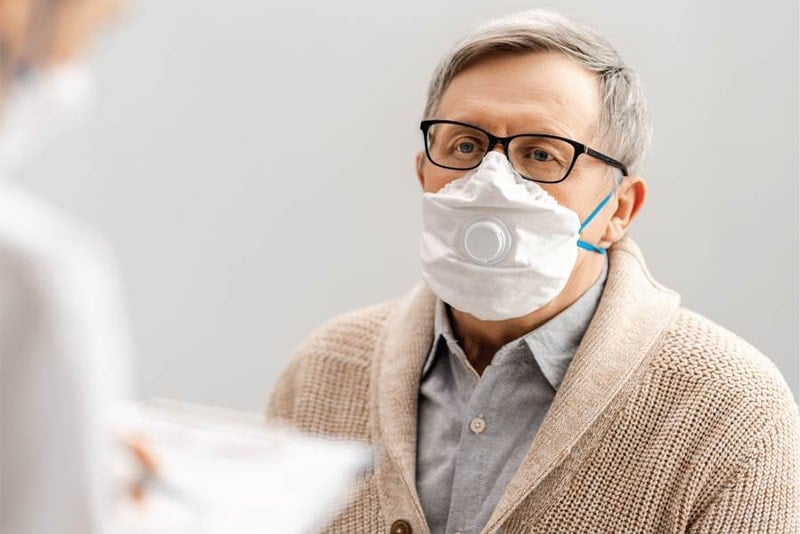
WHAT IS THE NOVEL CORONAVIRUS?
Coronaviruses are a large family of viruses which may cause illness in animals or humans. In humans, several coronaviruses are known to cause respiratory infections. In late 2019, a new coronavirus, named SARS-CoV-2, was identified in Wuhan, China, causing an outbreak of respiratory illness that the World Health Organization (WHO) named Coronavirus Disease 2019 or COVID-19. This infection was declared a pandemic by the WHO on March 11, 2020.
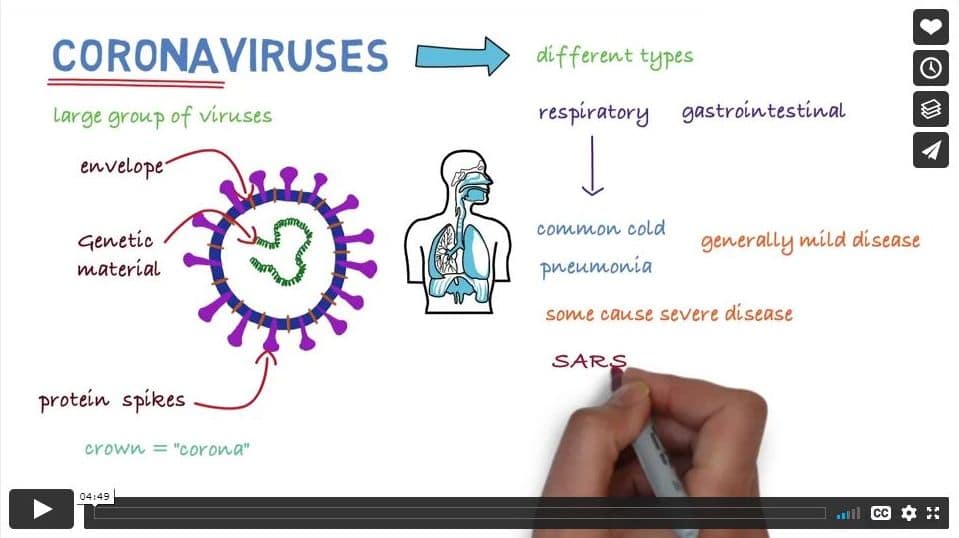
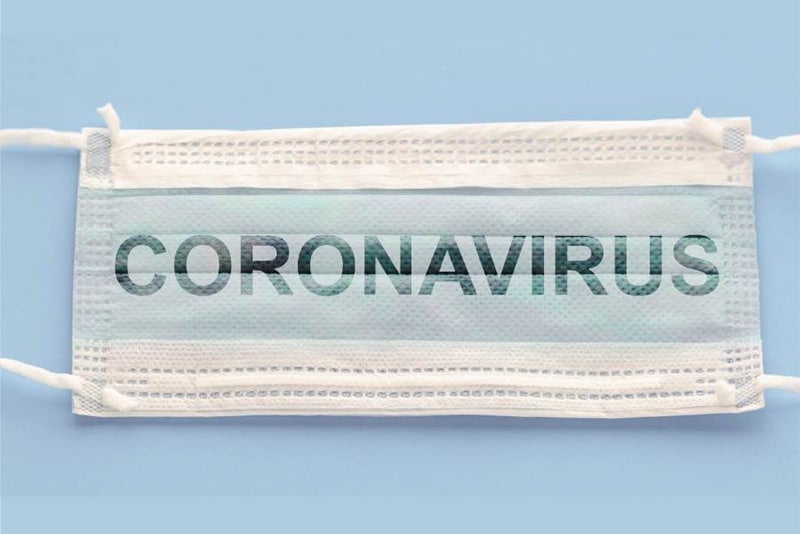
HOW DEADLY IS THE VIRUS?
The proportion dying from the disease appears relatively low, current estimates are between 2-3%, in some countries lower or higher, mostly elderly and people with preexisting health issues. The figures are unreliable because we don’t have enough knowledge yet, and they may vary in different regions of the world from higher to lower.
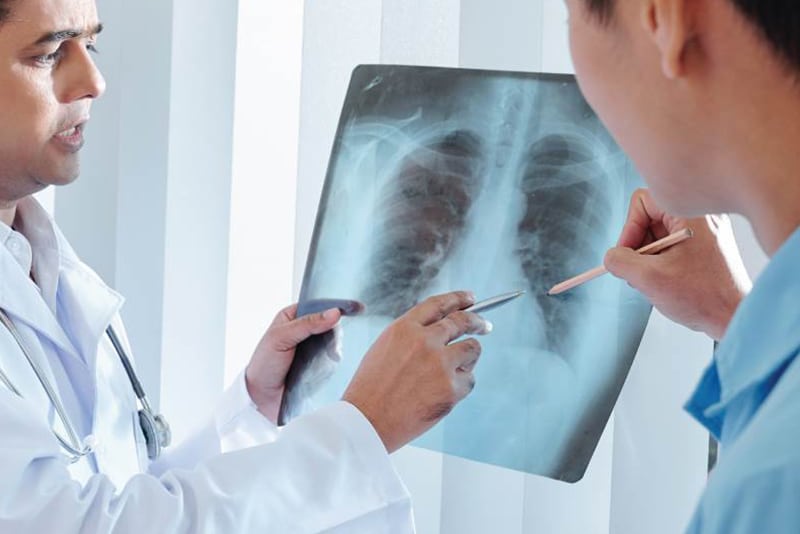
WHAT ARE THE SIGNS OF INFECTION?
From being infected until one starts to feel symptoms it usually takes 1-14 days, most commonly around five days.
The most common symptoms of COVID-19 are fever, tiredness, and dry cough. Some patients may have aches and pains, nasal congestion, runny nose, sore throat or diarrhea. These symptoms are usually mild and begin gradually. Some people become infected but don’t develop any symptoms and don’t feel unwell. They can be transmitting the virus without knowing they have COVID-19.
Most people (about 80%) recover from the disease without needing special treatment. Around 1 out of every 6 people who gets COVID-19 becomes seriously ill and develops difficulty breathing. People older than 60 years of age, and those with underlying medical problems like high blood pressure, heart problems or diabetes, or who are immunocompromised, are more likely to develop serious illness. However, we are learning that younger people can also get very sick. In some countries, nearly half of the hospitalized patiens are younger than 65. People with fever, cough and difficulty breathing should call their doctor and seek medical attention.
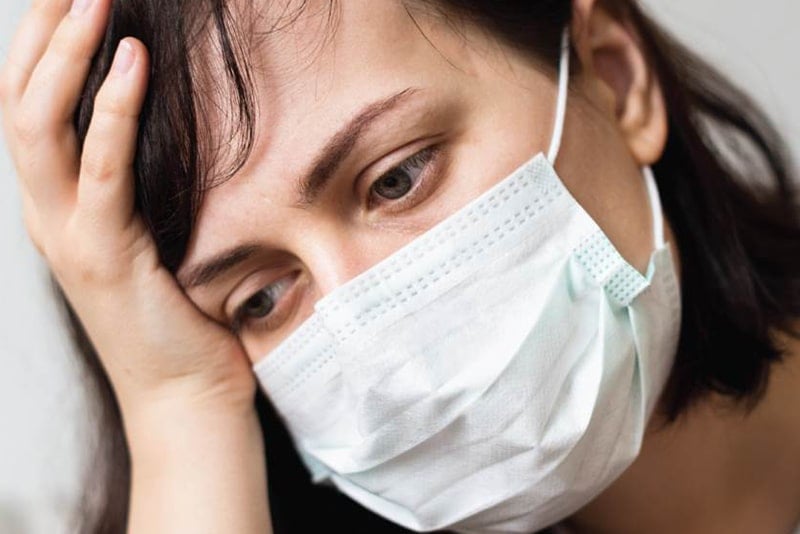
HOW DOES IT SPREAD?
The virus is thought to spread mainly from person-to-person:
- Between people who are in close contact with one another (within about 6 feet or just under 2 meters).
- Through respiratory droplets produced when an infected person coughs or sneezes.
These droplets can remain in the air even after the infected person leaves the area, possibly being inhaled into the lungs of people who are nearby or landing in their mouths or noses.
It is also possible that a person can get COVID-19 by touching a surface or object that has the virus on it and then touching their own mouth, nose, or possibly their eyes.
People are likely most infectious when they have symptoms, but they may spread the virus even before they feel sick.
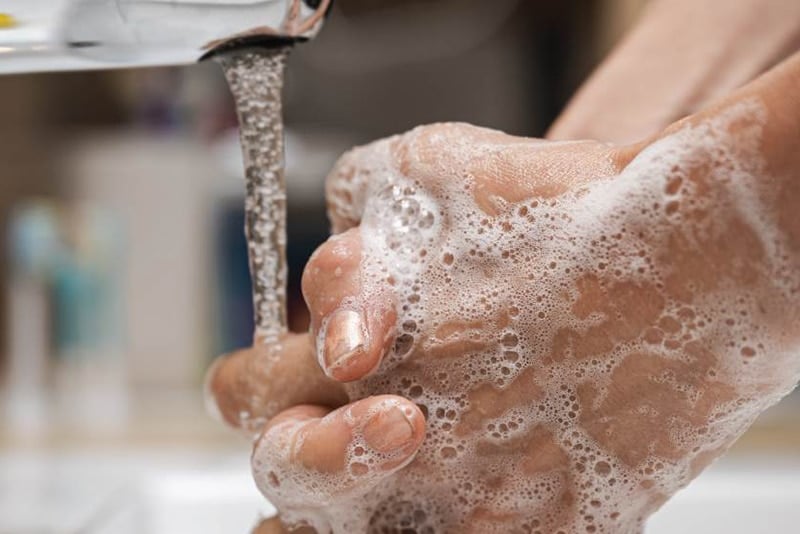
WHAT DO I DO IF I GET SICK?
If you get sick and suspect it might be a COVID-19 infection:
- There is currently no vaccine or specific treatment for COVID-19. Studies are underway for efficacy and safety of these, but it will take months before they are fully approved.
- If experiencing fever, cough, and difficulty breathing, call your health provider or seek medical attention through telehealth from your home and share recent travel history, as well as possible close contact with others diagnosed with COVID-19. Follow their advice.
- If you have been in close contact with someone diagnosed with COVID-19, follow guidelines for self-monitoring and self-quarantine as indicated.
- Self-isolate from people and animals if advised to do so, or until you can get qualified advice. Stay home when you are sick!!
- Get tested for COVID-19 if recommended to do so.
- Cover your cough and sneeze with a tissue, then throw it in the trash. If you do not have disposable tissue, bend your elbow and use your sleeve (not your hands!!).
- Only wear a facemask if you have respiratory symptoms or are caring for someone with respiratory symptoms. If you have to interact with others while you are sick, wear a facemask in order to protect others from your sneezes and coughs. If you don’t have a facemask, cover your face with something else, or at least cover your mouth and nose when you sneeze, if possible, with a tissue you can discard immediately afterwards and replace it with a new one.
- Those with serious illness will be hospitalized. Most patients recover thanks to supportive care.
- Follow the above stated advice on how to protect yourself and others.

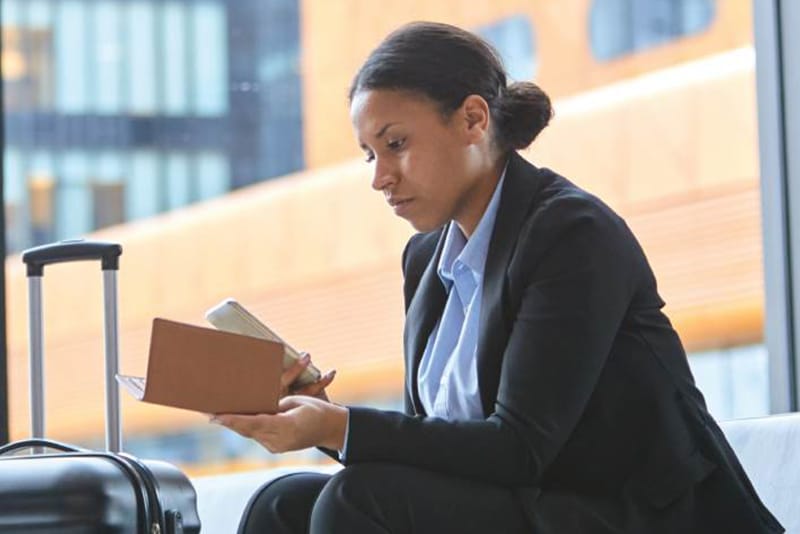
SHOULD I TRAVEL?
- Avoid travel if you have fever and cough, and follow the recommendations of your local jurisdiction in regards to travel.
- Consider that by traveling you expose yourself to risk of infection, as well as risk transporting and thus spreading an infection.
- If you have concerns, consult with your healthcare provider regarding your personal health risks.
- It is recommend that older adults and travelers with underlying health issues should avoid situations that put them at increased risk for more severe disease. This entails avoiding crowded places, avoiding non-essential travel such as long plane trips, and especially avoiding embarking on cruise ships.
If you must travel:
- Follow the above stated advise on how to protect yourself and others.
- If you travel internationally, check travel advisories at your destination to make sure you can enter and for returning to your home country.
- Follow travel advisories of authorities in whatever region you are.
See: www.who.int/emergencies/diseases/novel-coronavirus-2019/travel-advice
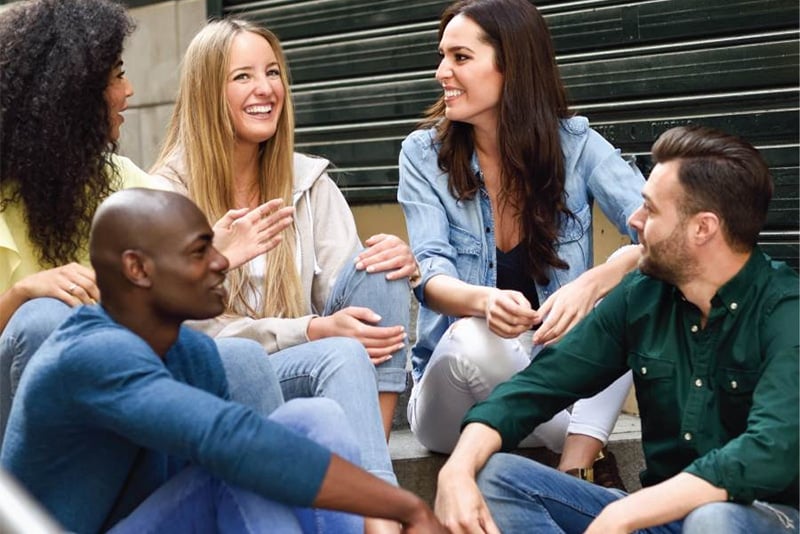
SHOULD I AVOID PUBLIC GATHERINGS, CANCEL OR LIMIT CHURCH EVENTS?
- Follow the advice of authorities in your region.
- Social distancing is an important strategy in containing the spread of the virus, thus consider replacing in person meetings or gatherings with an online option if possible.
- If your region has been affected by COVID-19, follow the recommendations on protecting yourself and others if you are at any gathering or church event, and if you are one of the organizers, encourage people to follow these recommendations.
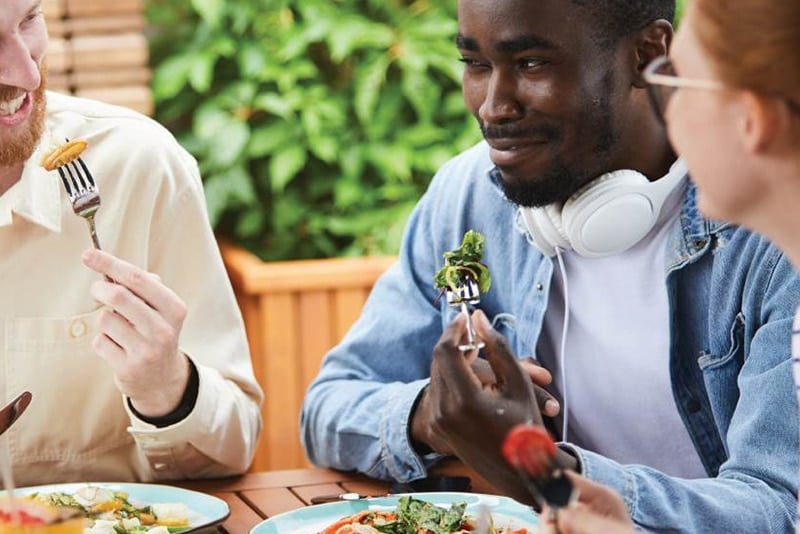
SHALL I CANCEL POTLUCKS?
The Seventh-day Adventist Church values the health of its members and also keenly senses an obligation to the larger community of which we are a part. Because we desire to do all we can to slow the spread (“flatten the curve”) of infection and protect the most vulnerable we believe our churches should to be at the forefront of community efforts. Therefore, we recommend the following during this pandemic:
- Full cooperation with the prevailing Public Health Recommendations of the jurisdictions in which our churches exist.
- All fellowship meals (at church, home, parks or any other public places) must be cancelled until such time it is deemed safe by civil and church administration. (Fellowship Meals do not lend themselves to adequate social distancing, and they pose significant hygienic challenges in both food preparation and serving.)
- Doing this is a practical way of demonstrating love for our “neighbors” in these serious times.
- We suggest that fellowship meals be temporarily replaced by virtual support group meetings (through phone calls, text messages, Skype, WhatsApp, Zoom, or other virtual methods) to maintain social interaction and check on the wellbeing of church members.

WHERE HAS IT SPREAD?
COVID-19 has rapidly become a pandemic and spread globally. For up to date statistics see below:
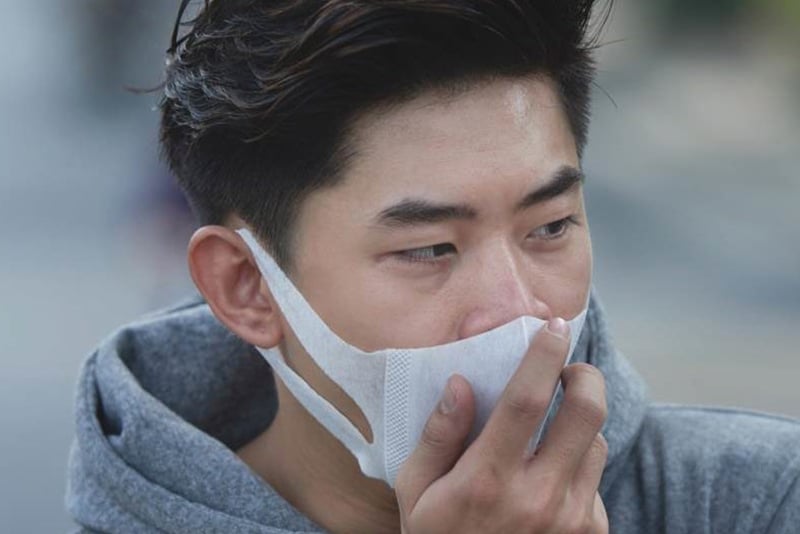
WHEN AND HOW TO USE MASKS
REFERENCES:
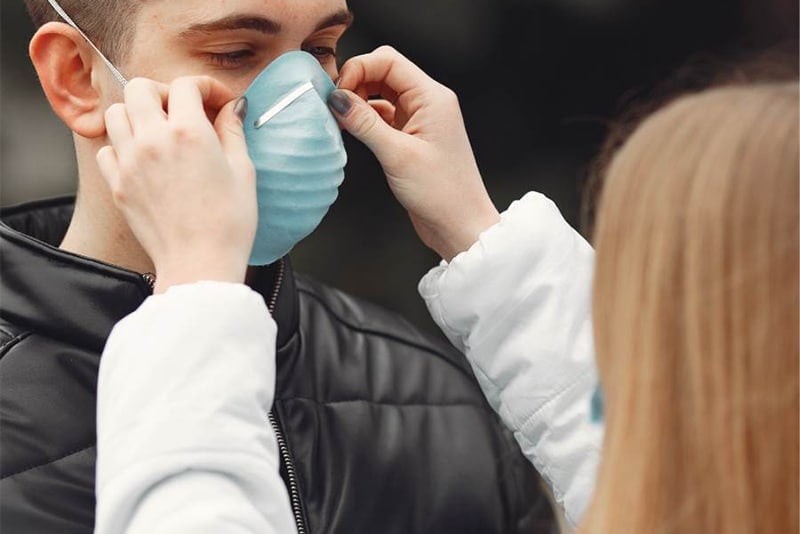
HOW CAN I PROTECT MYSELF AND OTHERS?
In order to best protect yourself from COVID-19, use the same preventive measures you would use to protect yourself from other respiratory illnesses, like cold and flu:
- Put distance between yourself and other people (social distancing) if COVID-19 is spreading in your community and avoid contact with people who are sick.
- Wash your hands often with soap and water for at least 20 seconds especially after you have been in a public place, or after blowing your nose, coughing, or sneezing.
- If soap and water are not readily available, use a hand sanitizer that contains at least 60% alcohol. Cover all surfaces of your hands and rub them together until they feel dry.
- Avoid touching your eyes, nose, and mouth with unwashed hands.
- Clean and disinfect surfaces and objects that you or others frequently touch.
- Thoroughly cook meat and eggs before eating and avoid consumption of raw animal products.
- Avoid contact with sick animals and animals living in wet markets.
- Get a flu shot to prevent influenza if you have not done so this season
- Choose healthy sleep, exercise and eating habits that can strengthen your immune system
- Stay informed on the latest developments about COVID-19.
- Follow advice given by your healthcare provider, your national and local public health authority or your employer on how to protect yourself and others from COVID-19.
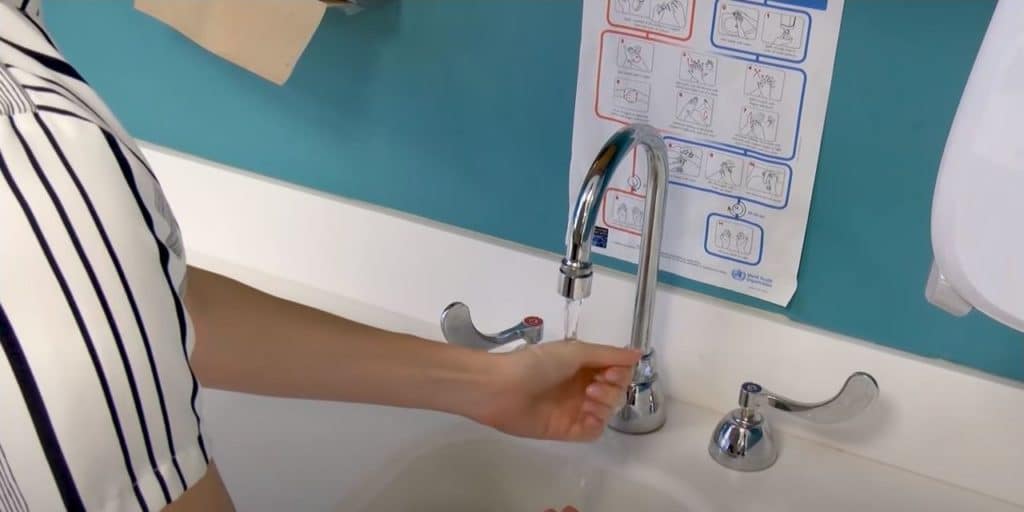
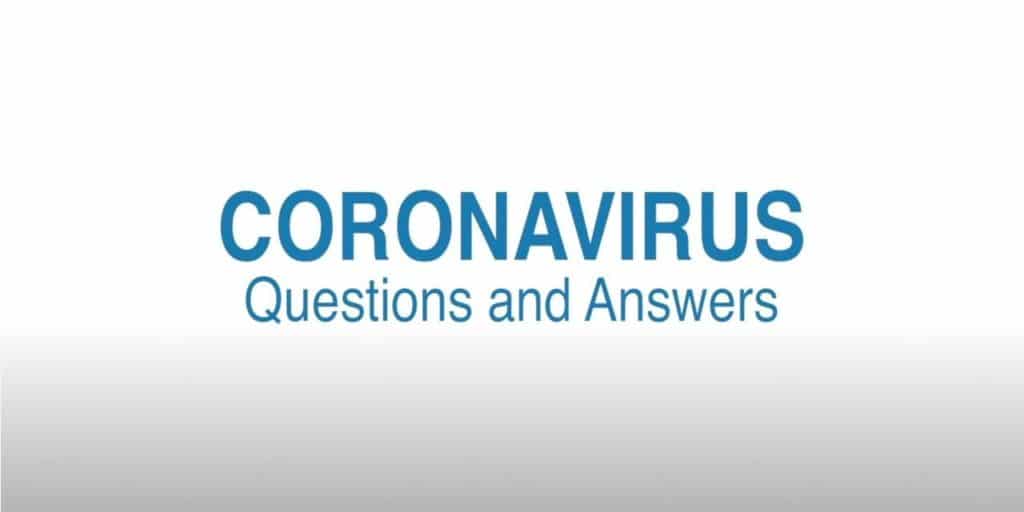
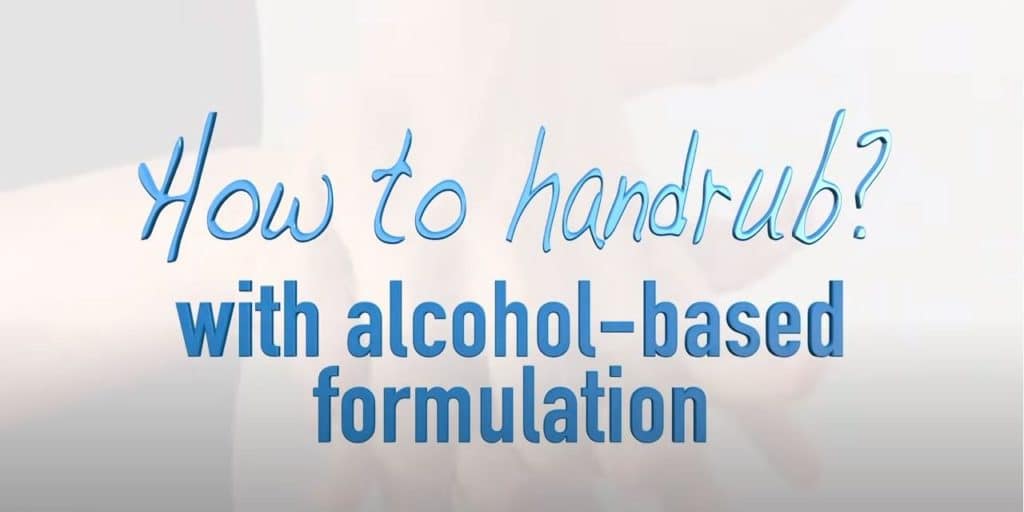
COVID-19 Videos
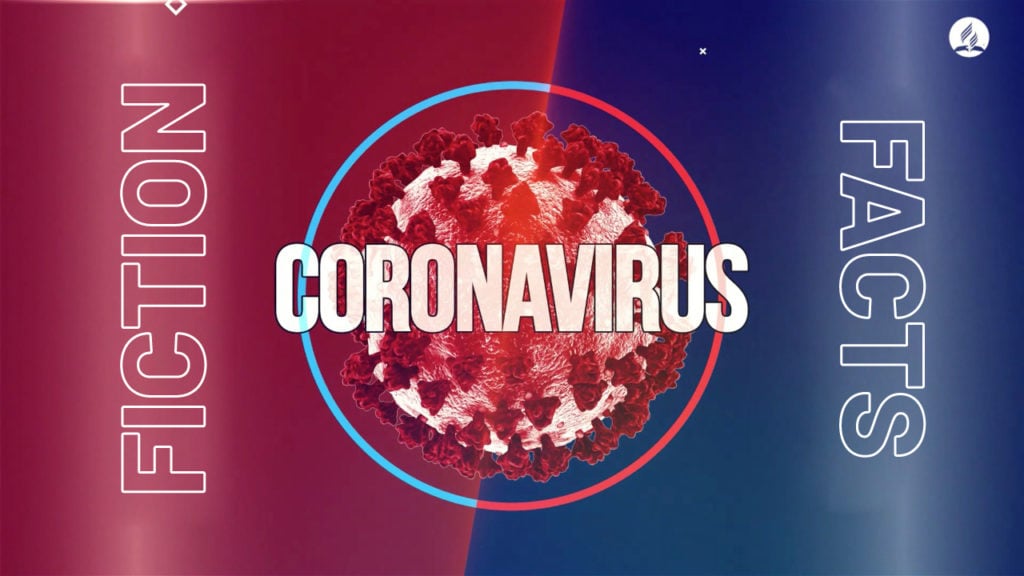
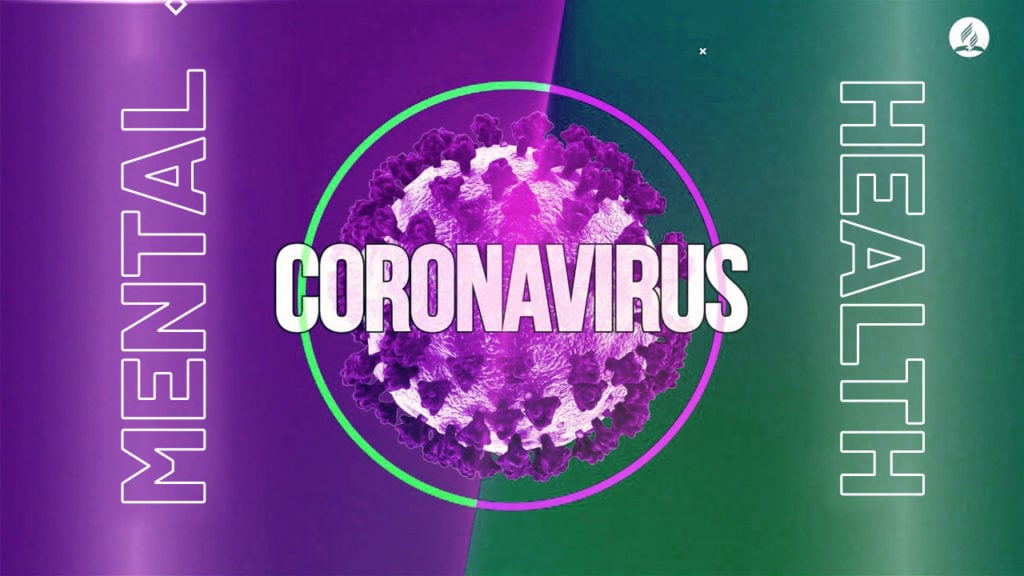
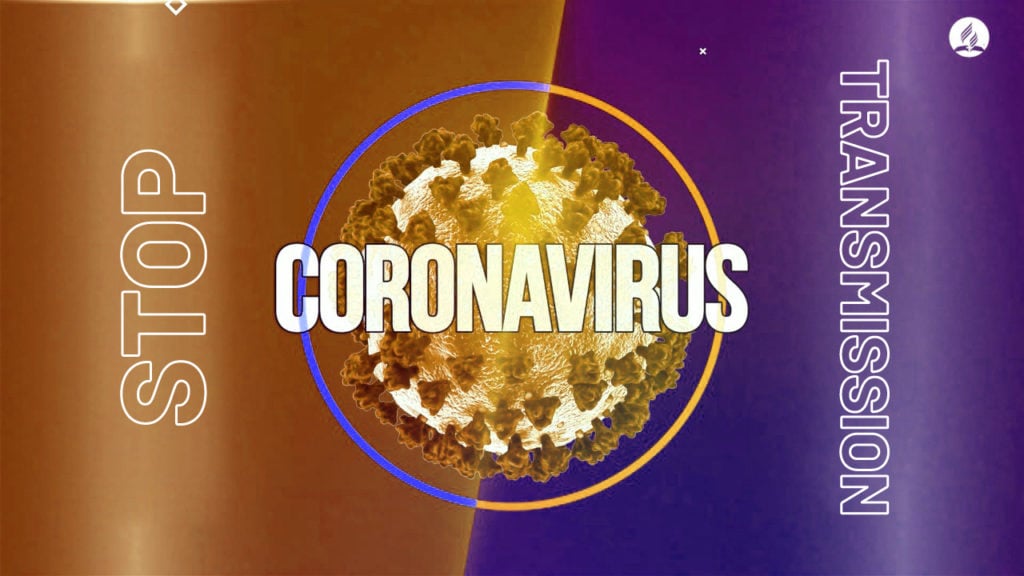
Links and Resources for Faith Communities
- Adventist Health Ministries (GC) COVID-19 FACT SHEET DOWNLOAD
- Adventist Hope TV Video – Practical Advice during COVID-19 interview with Dr. Katia Reinert
- Adventist News Network Video – Interview with Dr Peter Landless
- ADRA Coronavirus website
- Ascend to Whoelness COVID-19 Website
- Ascend to Wholeness TELEHEALTH
- Ask the Doctor – Coronavirus question and answer DOWNLOAD
- Bulletin Insert COVID-19 TEMPLATE DOWNLOAD
- CDC COVID-19 website
- CDC COVID-19 Factsheet – English DOWNLOAD
- CDC COVID-19 Factsheet – Spanish DOWNLOAD
- CDC Manual for faith communities response to a pandemic DOWNLOAD
- CDC | White Hourse COVID-19 joint website
- Church Bulletin insert template DOWNLOAD
- Coronavirus Ask the Doctor _Dr Landless DOWNLOAD
- COVID-19 Resources in various languages
- COVID-19 Vaccines: Addressing Concerns, Offering Counsel
- COVID19 Vaccine Update DOWNLOAD
- Day by day progression of COVID-19 (video)
- Dear Coronavirus – a letter from the world (message of hope)
- Differences between influenza and COVID-19 DOWNLOAD
- Exercise for your health
- Faith community readiness for a pandemic DOWNLOAD
- Foods that can boost your immune system
- Free Online Class ar MIT: COVID-19, SARS-COVID-2 and the Pandemic
- GCNC Recommendations for Potlucks during a Pandemic DOWNLOAD
- GCNC Recommendations for Fellowship Meals During the COVID DOWNLOAD
- HandRub-Wash WHO DOWNLOAD
- Guide to Prevent COVID-19 Social Stigma DOWNLOAD
- Is the COVID-19 Vaccine Trustworthy? – A Biblical Conversation about Science video
- Johns Hopkins COVID-19 site2
- Johns Hopkins COVID-19 Global Cases live tracking
- Loma Linda University COVID-19 website
- Loma Linda COVID e-Consultation July 1 event
- Loma Linda COVID e-Consultation January 27 event
- Lo que necesita saber sobre la enfermedad del coronavirus 2019 (COVID-19) DOWNLOAD
- Maintaining physical health during COVID-19 DOWNLOAD
- Myths and Facts about COVID-19
- Myths Debunked – COVID-19 video
- Nurses Christian Fellowship coronavirus resource page
- Physical Health COVID-19_MENAU DOWNLOAD
- Preparing your church for the coronavirus pandemic
- SDA Coronavirus Infographic_English DOWNLOAD
- Sleep can help your T-cells fight infection (research article link)
- Smoking and Vaping may increase the risk of severe of COVID-19
- Staying emotionally healthy during the coronavirus pandemic
- Sunglight and fresh air during the 1918 influenza pandemic
- Sunlight and the immune system
- The immune system can fight back (COVID-19 case in Australia)
- UPDATE ON LONG COVID19
- What you need to know about COVID-19 Coronavirus Disease DOWNLOAD
- WHO COVID-19 website
- WHO How to handrub) video
- WHO How to handrub and handwash) poster DOWNLOAD
- WHO Prevent Social Stigma Related to COVID-19 DOWNLOAD
- Why don’t we do it in our sleeves”? video

